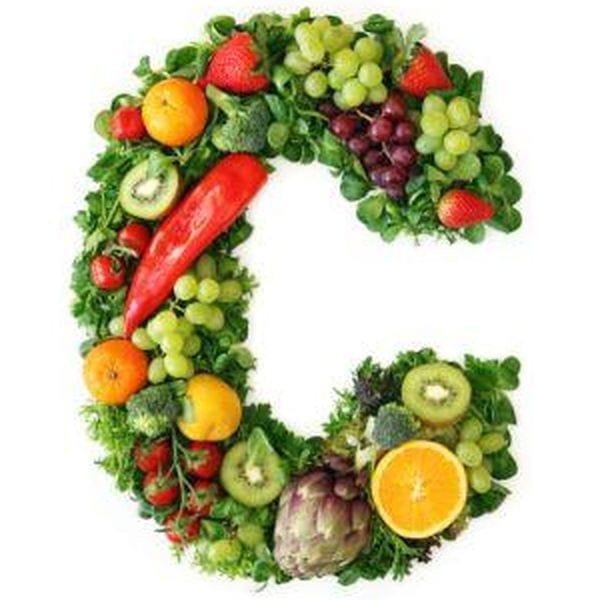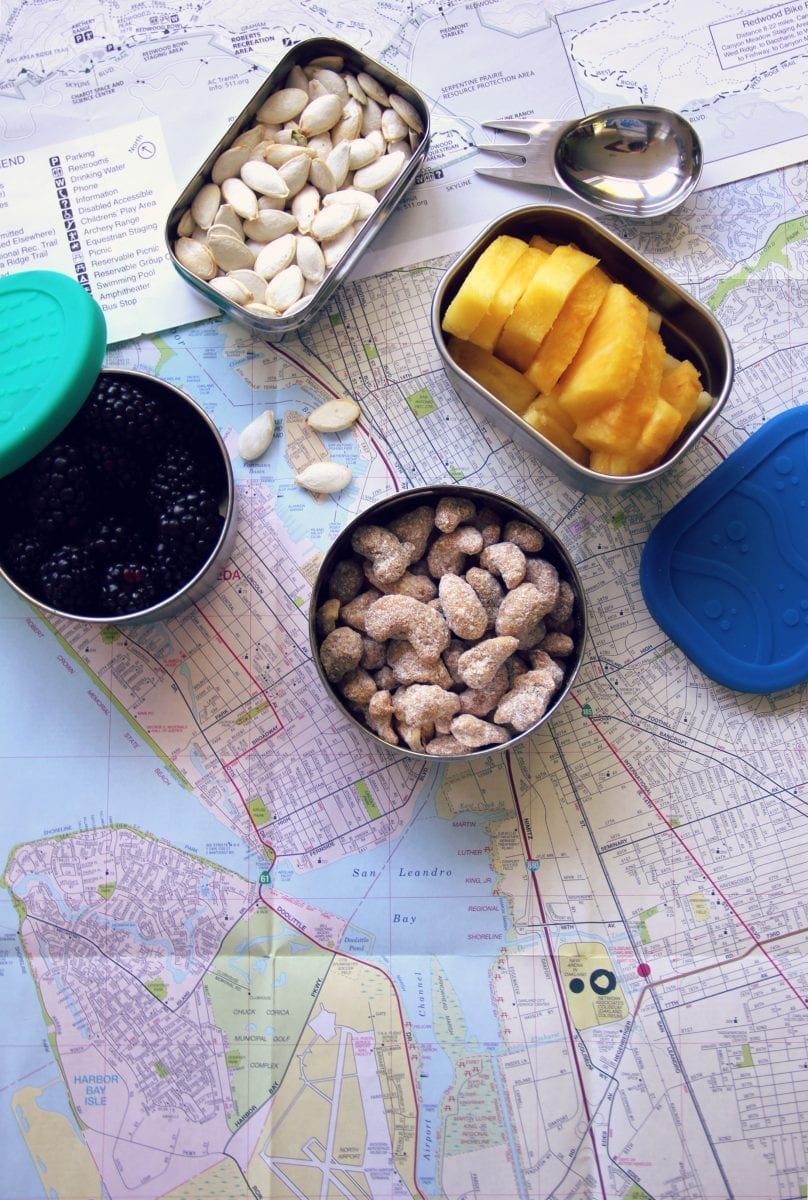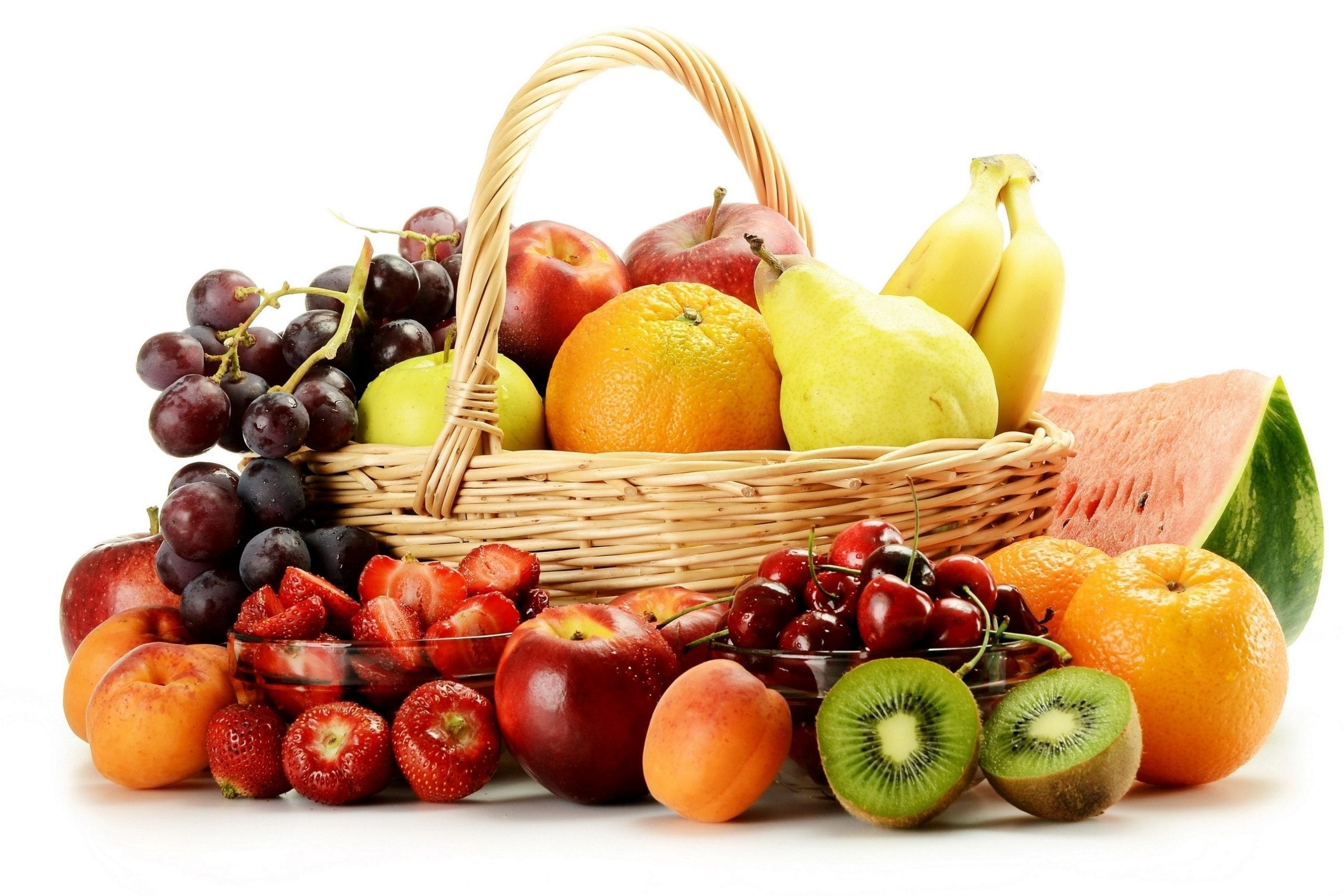What you put in your body helps give you energy to live. To stay healthy, you need a balance of protein, carbohydrates and good sources of fat. Each of these helps your body move and function every minute of the day. And eating right can help you build your best body.
Beefing Up With Protein?
There are essential amino acids you must get from food because your body cannot produce them and nonessential amino acids your body can produce. These amino acids build protein, and protein builds muscle. A gram of protein provides four calories.
Research indicates that individuals who exercise have higher daily protein requirements than sedentary individuals. Since protein helps build muscle, it can actually help speed up the metabolism because your body burns more calories maintaining lean muscle mass, even at rest. This may allow you to lose more fat.
Quality food sources of protein include:
- egg whites
- chicken breast
- sirloin steak
- top round steak
- turkey breast
- tuna fish
- halibut
- salmon
- cod
- orange roughy
- skim milk
- nonfat yogurt
- black beans
The Major Energy Source
Carbohydrates are the major source of energy for most humans. Like protein, carbohydrates provide four calories per gram. There are various types of carbohydrates including simple sugars, complex carbohydrates and dietary fiber. The glycemic index is a rating of carbohydrates and their effect on blood sugar levels. The higher the glycemic index of a certain carbohydrate, the greater the blood sugar response after eating it. High blood sugar responses to foods can cause fat storage to occur and cause “yo-yo” energy levels. Consuming dietary fiber can lower the glycemic rating of carbohydrates.
Carbohydrates are stored as glycogen in the liver and muscle tissue. Eating lower glycemic index carbohydrates can allow for a steady release of energy and help keep blood sugar levels stable. Fruit provides a form of carbohydrate called fructose, which is a low glycemic carbohydrate.
Complex carbohydrate sources include:
- oatmeal
- potato
- rice
- bread
- pasta
- black beans
Fibrous carbohydrate sources include:
- asparagus
- broccoli
- cabbage
- cauliflower
- green beans
- peas
Simple carbohydrate sources include:
- banana
- grapefruit
- raisins
- fruit juices
- peaches
- strawberries
The Benefits of Fats
After being indoctrinated for most of the 1970s and ?80s about the evils of dietary fat, we are now learning all of their benefits, especially for exercising individuals and athletes. Fat provides nine calories per gram. There are saturated fats and essential fatty acids –omega-3 and omega-6 — that the body cannot make and are necessary for life. The body gets them through foods or supplementation. Some of the positive benefits of essential fatty acids include: enhancing oxygen utilization and energy transformation required for optimal performance, decreasing total serum cholesterol and increasing HDL cholesterol, improving testosterone production, supporting liver function and enhanced immune function and improving the condition of hair and nails as well as increased nitrogen retention.
Sources of quality essential fats include:
- all-natural peanut butter
- sunflower seeds
- walnuts
- almonds
- olive oil
- sunflower oil
- flax seed oil
- peanuts






Be the first to comment on "You Are What You Eat"